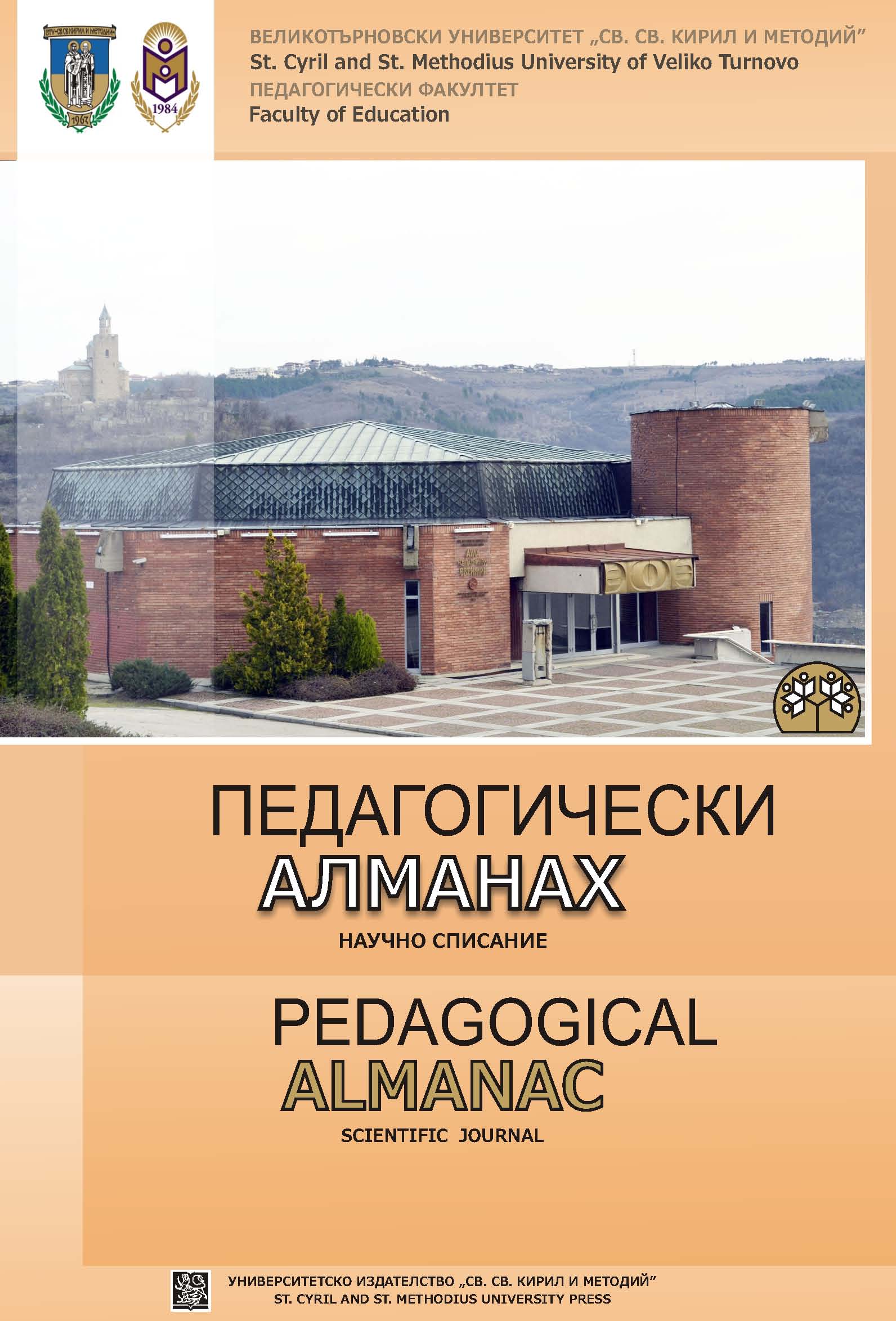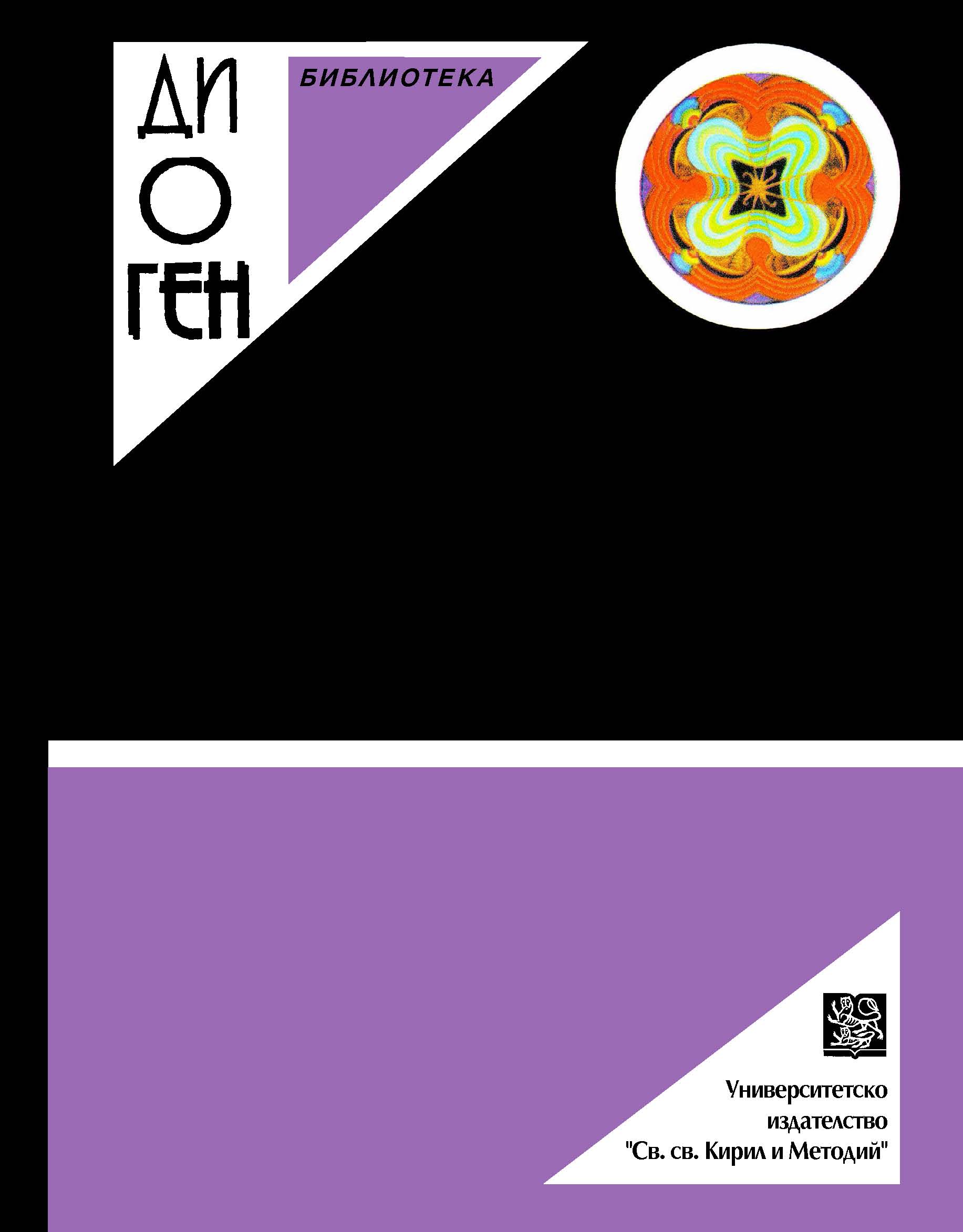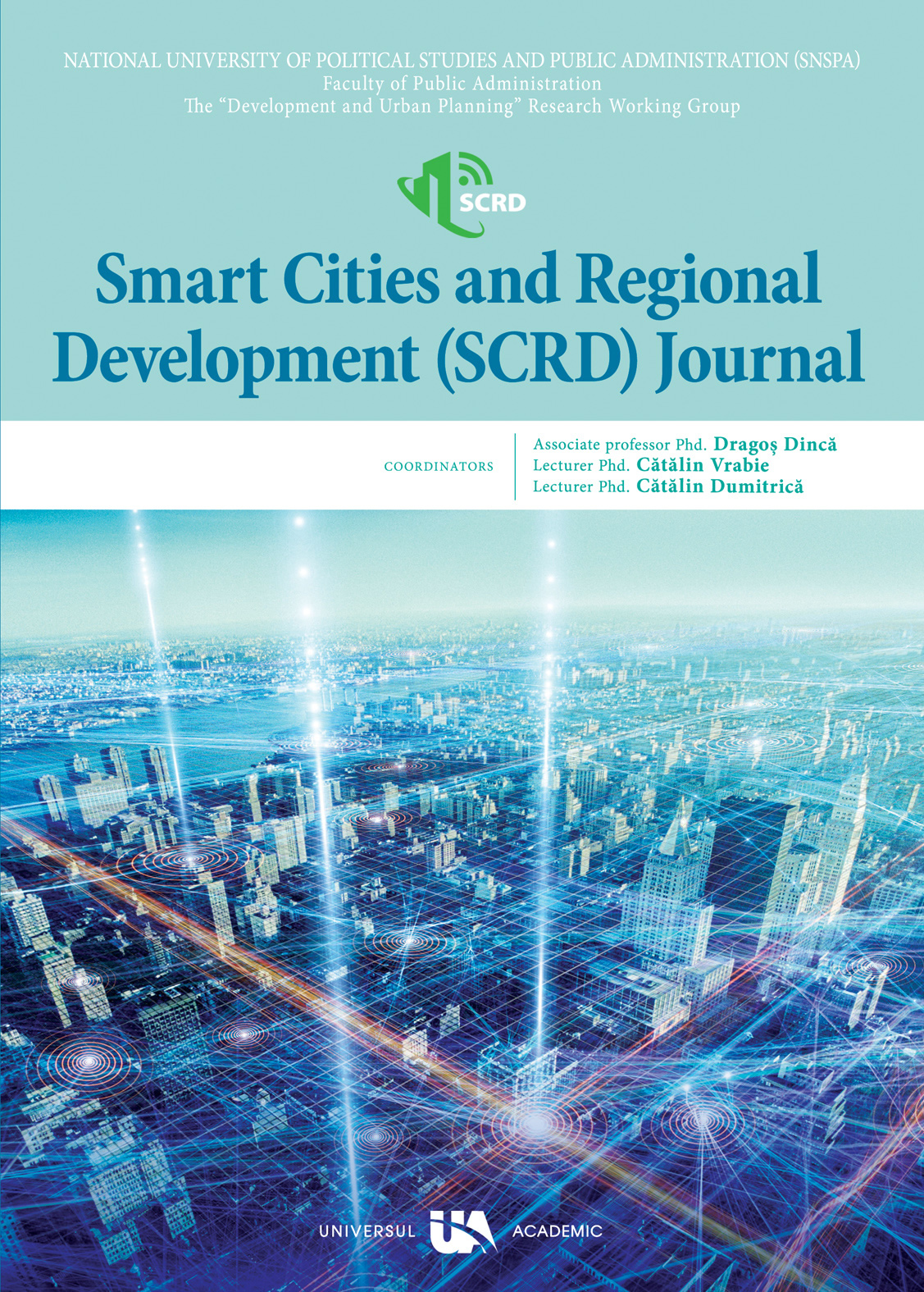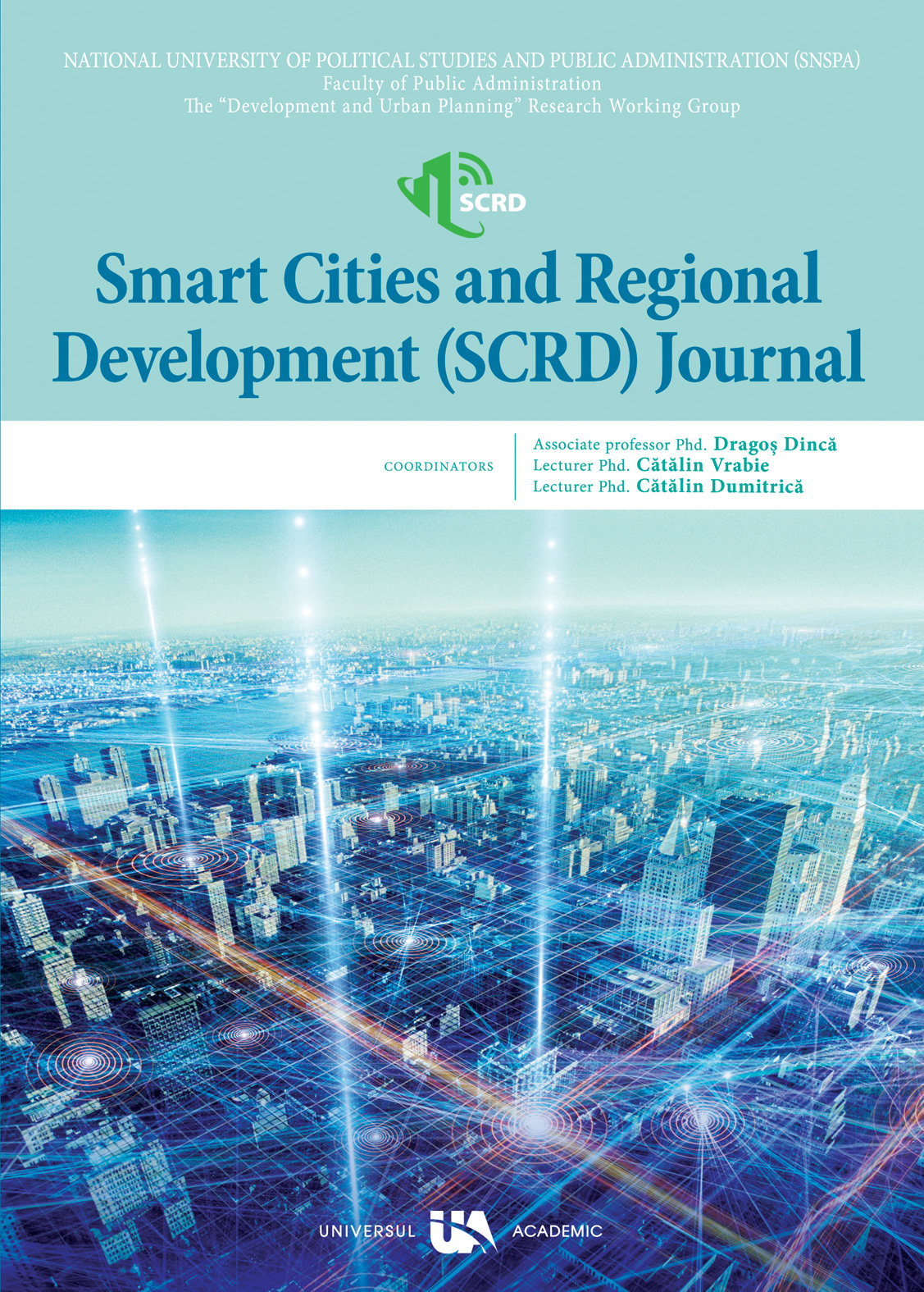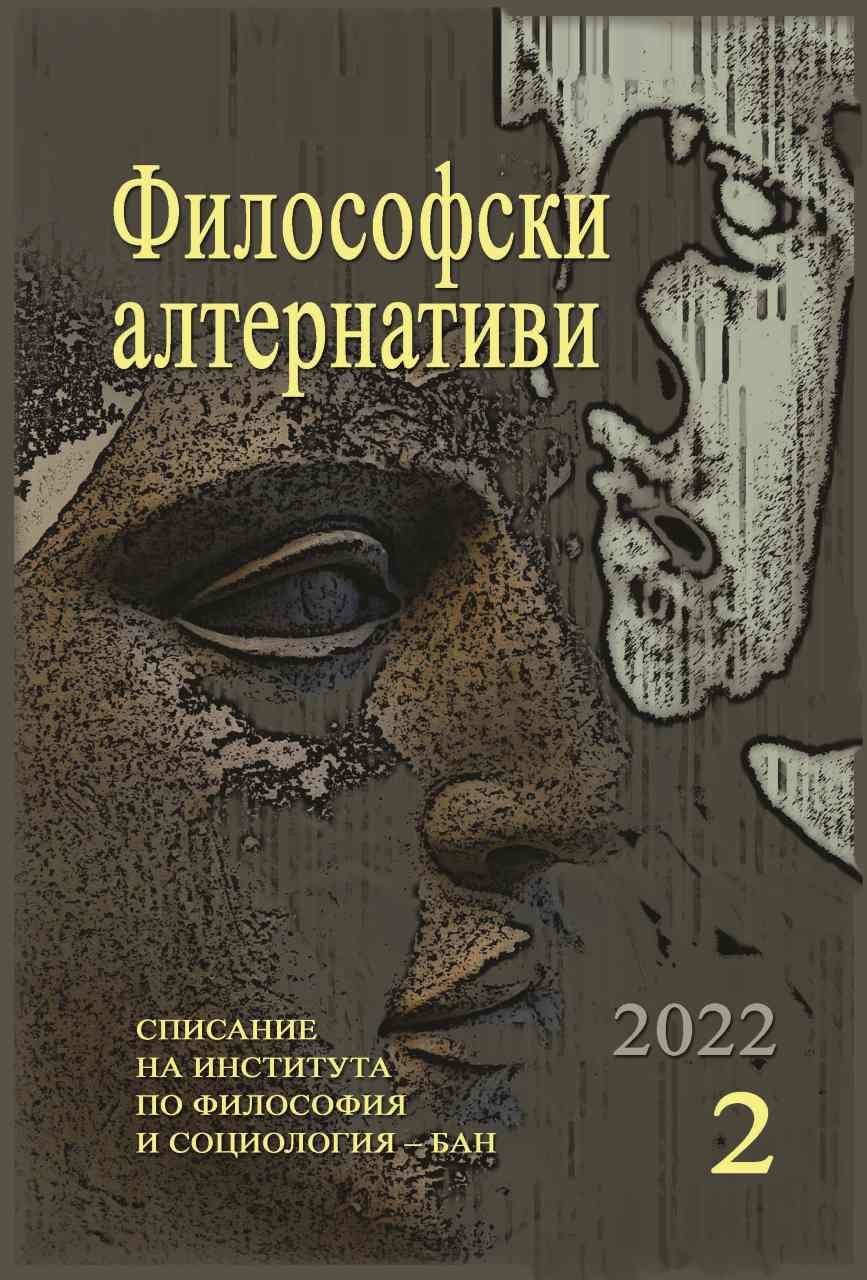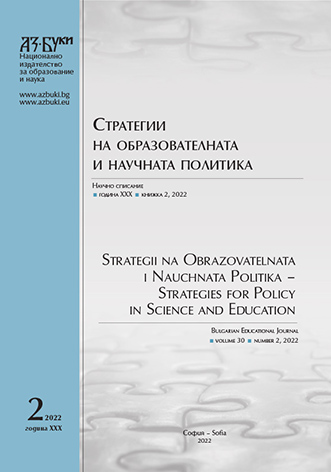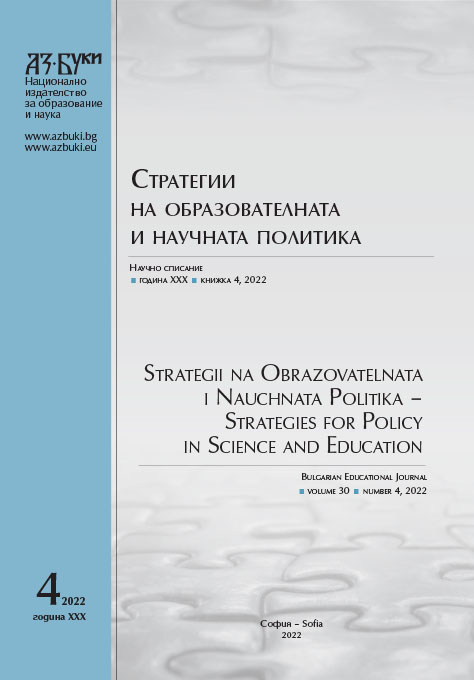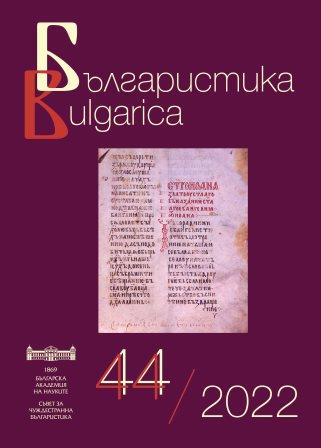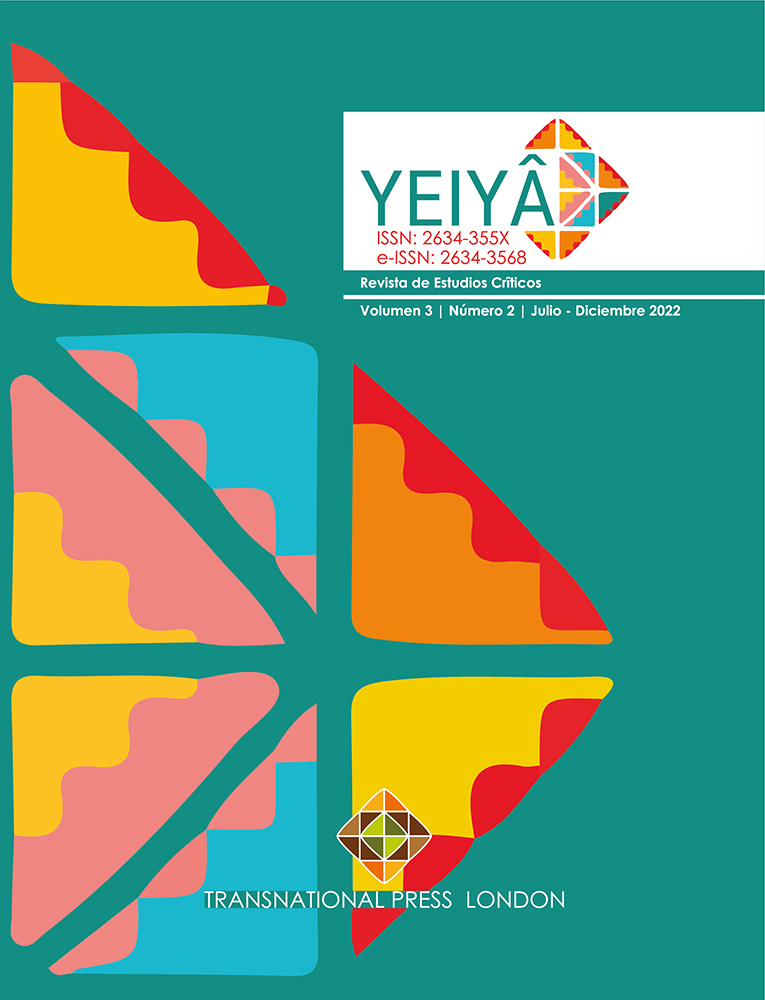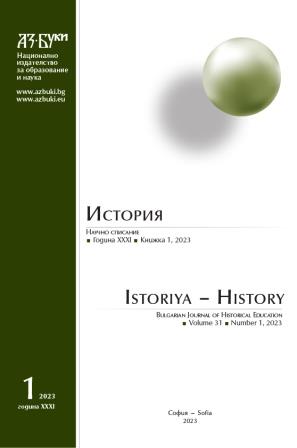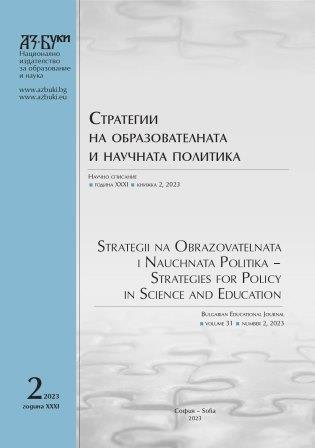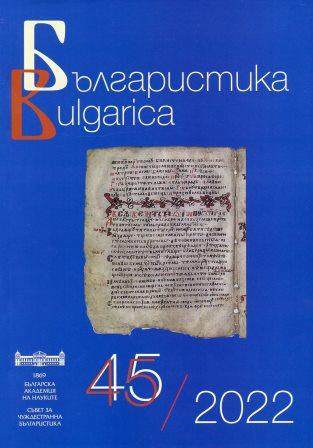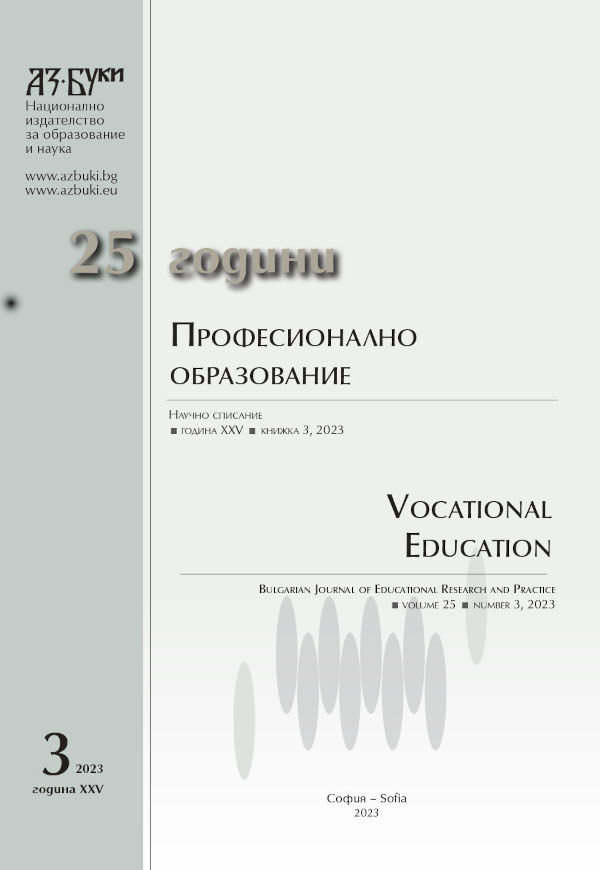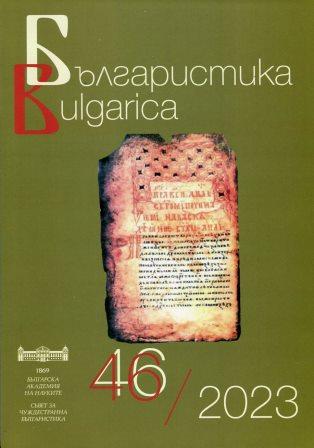Author(s): Hanane Rochdane,Oussama Assaber, / Language(s): English
Issue: 01/2022
Today, cities are working on becoming more adapted to urban change and sustainable challenges. To do so, many have undertaken projects, supported by governments, intended to digitalize the interactions, optimize local resources, and become smart accordingly (e.g., Barcelona, Aarhus, and Oslo, etc.). Although most smart city initiatives follow top-down mechanisms, we notice interestingly the emergence of bottom-up processes and self-organized actions. In fact, cities are complex systems that possess qualities of self-organization [1]. Self-organized stakeholders (e.g., citizens, universities, private/public firms, NGOs), through informal collaboration, are capable of conducting innovative projects leading to a smart city. This dynamic has enabled citizens to be more involved in policymaking and to impose, using ICT-based solutions, a new model of governance (i.e., smart governance). In this regard, this conceptual paper contributes to the smart city literature by highlighting the role of informal collaboration between stakeholders in implementing smart initiatives. Eventually, our research will provide guidance in designing smart cities and serve as basis for future empirical studies.
More...
